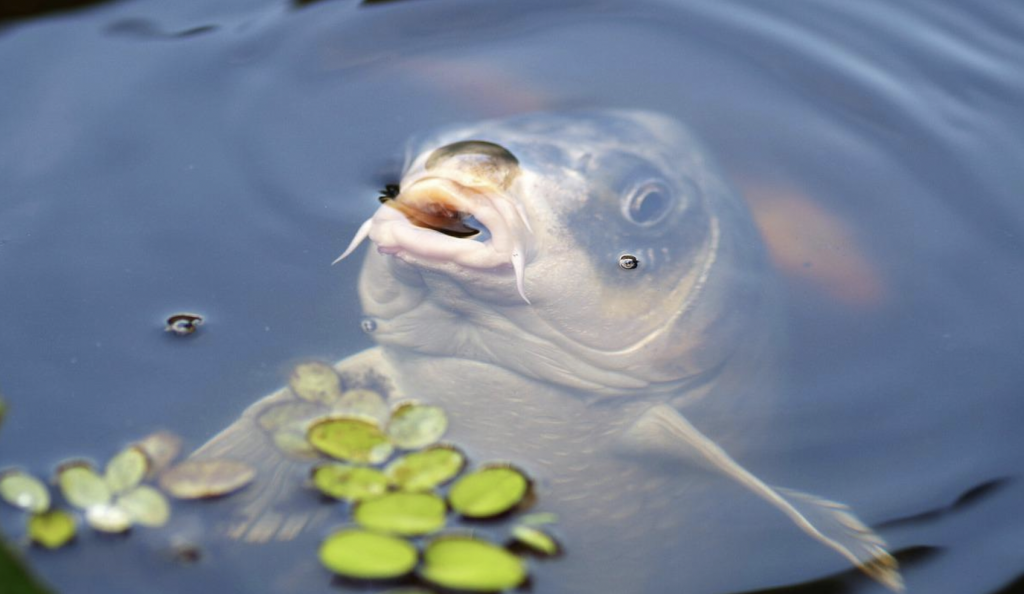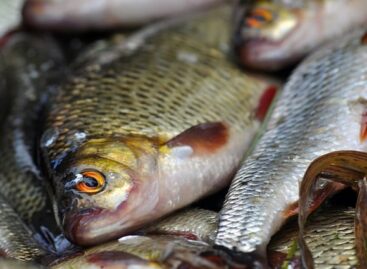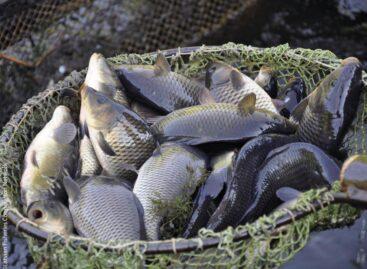The drought also caused great damage to fish production in ponds
The dry, droughty weather is causing more and more damage to fish production in domestic ponds as well. According to an expert from the Faculty of Agriculture, Food Science and Environmental Management of the University of Debrecen, thinning fishing can be a partial solution to the problem, if a part of the stock is fished already during the breeding season.

“Hungarian fish farmers have been struggling with water shortages caused by drought for years. Until now, this process has mainly affected the trans-Danubian areas, but this year it is becoming an increasing problem for lake farms in our region, in the Tiszántúl as well.”
– told hirek.unideb.hu Milán Fehér, head of the Halbiological Laboratory of the Faculty of Agriculture, Food Science and Environmental Management of the University of Debrecen.
In contrast to the trans-Danubian valley dam fish ponds, Tiszántúl is mainly characterized by circular embankment lake systems. In the valley-closing dam system, the lakes are supplied with water by an external watercourse, while in the case of circular embankment pond farms, the water supply reaches the fish ponds through artificial channels.
Related news
Double price, changing demand: the domestic carp market is on a new path
🎧 Hallgasd a cikket: Lejátszás Szünet Folytatás Leállítás Nyelv: Auto…
Read more >








